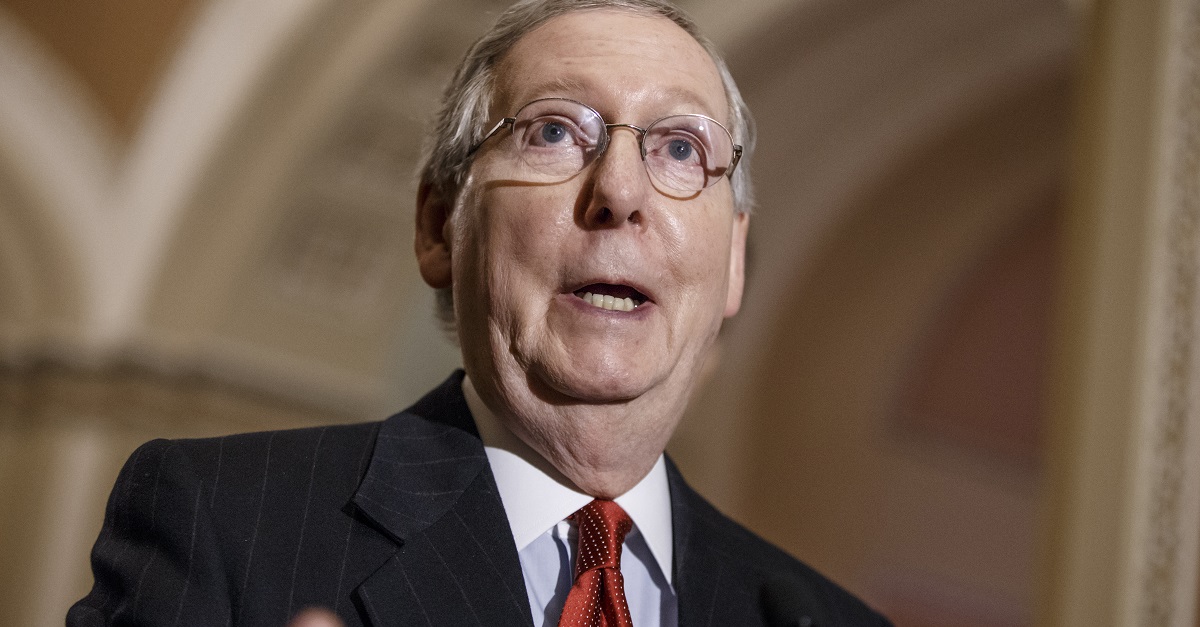I got a concussion some time ago and ended up in the hospital.
Videos by Rare
Unique among injuries, concussions usually come attached to glorious stories: you were playing rugby against a team of sumo wrestlers or running with the bulls in Pamplona to impress Lady Ashley or defending your turf against one of those head-butting dinosaurs from “The Lost World.” Not me. I bent over to clean something in my apartment and slammed my head against the wall when I came up. After a couple days of feeling woozy, I went to see my GP.
She said I probably had a mild concussion — hopefully nothing worse — and recommended a CT scan at the hospital, which came back negative, and a couple days later my head was clear again. But the imagination tends to gallop during times like those, and mine was filled with portents: unfurling medical bills, Dr. Ben Carson standing over my opened head with a scalpel. I’d hurt limbs before, but the prospect of damage to my mind was uniquely disturbing.
I had thus far been a relatively minor drain on our nation’s health care system; shouldn’t I now have the assurance that the insurance plan into which I and my employer had dumped money would cover me? Shouldn’t I know that I wouldn’t have to upend my life when that ominous envelope arrived in the mail? And if it was a more serious condition, it would be covered, right?
That right there, as melodramatic as it seems in hindsight, is what people want from their health insurance. The only difference between my considerations and those of an older patient or one with a preexisting condition is that the latter two need that guarantee far more frequently. And that’s the fatal flaw of the Republican health care bill: it’s premised on the idea of choice in health insurance, yet that’s not what consumers are always looking for, and in any case, it doesn’t even deliver on that much.
RELATED: Rand Paul to Republicans: Keep your promises on Obamacare
If I go to CVS to buy toothpaste or Giant to pick up a turkey, or even if I’m shopping for doctors, I want the maximal choices capitalism can provide, the ability to compare Crest to Aim and look up physician ratings on HealthGrades.com. Bernie Sanders can shove off with his moaning about the decadence of deodorant choices: Speed Stick will always be superior to Old Spice, and I express that preference most fragrantly every morning.
But when it comes to health care, no one wants to spend hours comparing the slippery clauses of miles-long insurance contracts. Choice isn’t necessarily our primary consideration, because for most us that litany of options isn’t available. Even before Obamacare, we picked from at best a handful of plans provided by our employers and then watched as our salaries start taking their knocks. Well, I could opt for the high-deductible/low-premium plan and pray I don’t get sick or the low-deductible/high-premium plan and throw open my wallet — we don’t often get to make that wager, and we don’t enjoy it when we do.
Rather than choice, we want a guarantee: that all this money is purchasing protection, that when a 97 mph fastball from Chris Sale results in a concussion — as happened to me — the financial disruption will be minimal.
RELATED: What exactly is the point of this Republican health bill?
Republicans’ Better Care Reconciliation Act (BCRA) doesn’t measure up. According to the CBO, the bill would significantly hike deductibles, meaning patients would have to pay for more out of pocket for something like a CT Scan. Premiums for those with low incomes would skyrocket. The economically vulnerable who need coverage the most would pay more for less — unless they decide not to purchase health insurance at all. The BCRA restores this option, and that’s a good thing, but then a new provision kicks in that literally bans you from buying insurance for six months if you don’t maintain continuous coverage. And if calamity strikes during that time, well, you made a choice, didn’t you?
That’s the real innovation of the BCRA: not that it will vastly expand your menu of plans (it won’t); that it will let you choose to cancel that guarantee of insurance — which few want to do — because the alternative is so expensive. When life’s volatility intervenes, when you find yourself under those sickly fluorescents in that waiting room contemplating a tens-of-thousands-of-dollars-wide hole in your savings account, you realize how hollow such a choice really is.
Health insurance ought to be as it sounds, a way to insure against future catastrophe, a security that’s both affordable and available. On all those counts, the Republican bill fails.



